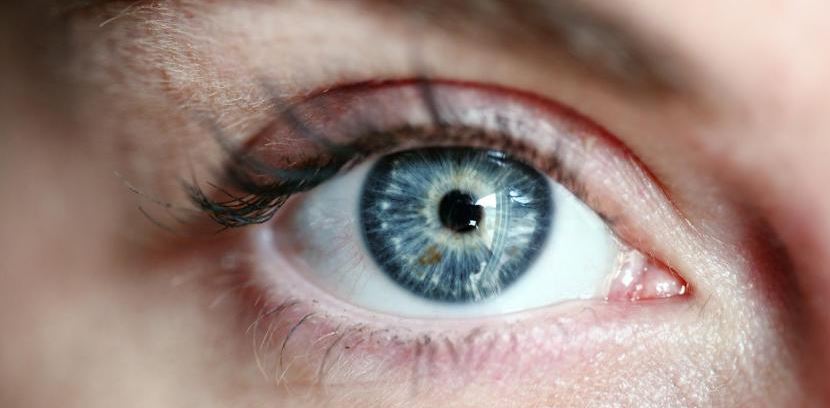The appearance of gray hair and wrinkles on the skin are not the only traces that aging leaves on us. As we get older, our eyesight also suffers. It is from the age of 40 when we lose visual sharpness and begin to have difficulties focusing on the objects that are closest to us. These are the first signs of presbyopia or tired eyesight, which accelerates year after year until it stabilizes around the age of 65.
This happens because the lens of the eye hardens and becomes less flexible. Therefore, you lose the ability to focus correctly. To this is added that our sight is more sensitive to glare and the eyes are drier and irritated due to a decrease in the production of tears.
And although age does not forgive and tired eyesight and presbyopia affect the vast majority of older people, we can carry out certain gestures to strengthen it as much as possible and delay its deterioration.
Do not abuse the screens and use them correctly
Excessive exposure to screens significantly damages our eyesight. We must try not to abuse them and, when we use them, do so at a safe distance, without getting too close.
It is also convenient to use a font size that does not force us to strain our eyes, as well as not having very intense lighting. Likewise, it is of great help to resort to glasses with protection against blue light.
Lighting matters
Try to work and read in natural light as much as possible, since artificial light is more tiring for the eyes. When you watch television, do not do it with the entire room in the dark, as this will make you strain your gaze.
Wear sunglasses
The sun is another potentially harmful agent for our eyes. Protect them by wearing sunglasses with quality lenses that protect against ultraviolet radiation.
Ophthalmological reviews
From the age of 40, it is advisable to have your eyes checked at the eye doctor or ophthalmologist at least once a year. In this way, the professional can control the state of our vision and observe if signs of other serious eye conditions associated with age are occurring, such as glaucoma, cataracts, diabetic retinopathy or retinal detachments.
Diet and exercise
Diet also influences our eyesight, as does the importance of regular exercise. Not surprisingly, being overweight increases the risk of suffering from certain eye diseases. Follow a diet rich in vitamins, especially A, B and C; as well as minerals such as zinc and omega 3 fatty acids.
Eye exercises
It is very helpful to perform eye exercises to keep our vision in shape. For example, draw circles with the eyes. Also perform several voluntary blinks. As well as focusing the gaze on nearby objects for a few seconds and then moving on to others that are more distant.

